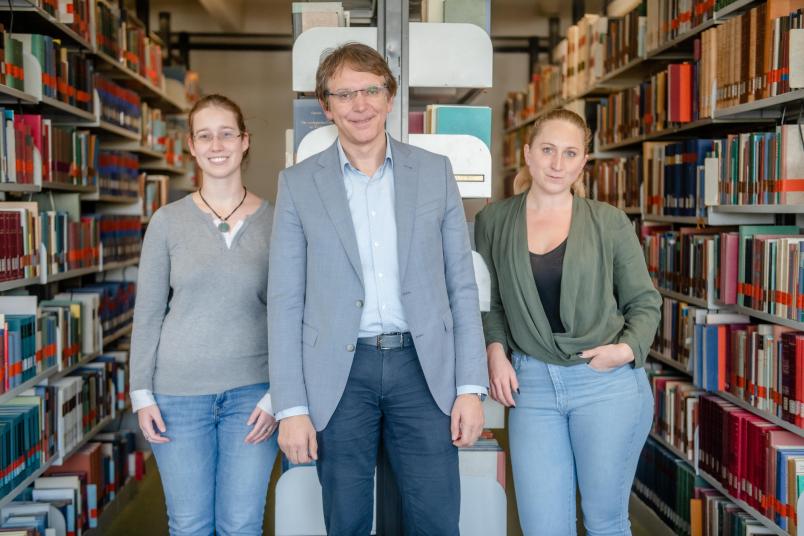
Philosophy
How people understand other people
A single strategy is not sufficient to navigate the complex social interactions of everyday life.
To successfully cooperate or compete with other people in everyday life, it is important to know what the other person thinks, feels, or wants. Dr. Julia Wolf, Dr. Sabrina Coninx and Professor Albert Newen from Institute of Philosophy II at Ruhr-Universität Bochum have explored which strategies people use to understand other people. For a long time, it was assumed that people relied exclusively on a single strategy: mindreading. This means that people infer the mental states of others solely based on their behaviour. In more recent accounts, however, this ability has been relegated to the background. The Bochum-based team now argues that although people use a number of different strategies, mindreading also plays an important role. They present their findings in the journal “Erkenntnis”, published online on 10 November 2021.
Strategies for understanding others
In recent years, researchers have criticised mindreading for being too complicated and demanding to be a common strategy for understanding other people. Julia Wolf provides an example of mindreading: “When I see someone running towards a bus, I infer that this person has the desire to catch the bus,” she says. “In doing so, I can either picture myself in their situation, or draw on my knowledge of general principles regarding the behaviour of others.”
However, in order to recognise the feelings, desires, and needs of others, people may take a different approach. They can directly perceive that a person is stressed based on physical features and other contextual cues. But they can also predict what a person will do next based on learned behavioural rules, without having to infer and attribute a mental state. “When someone gets on the bus, I can predict that they will show their ticket at the entrance without thinking about what is making them do so,” says Sabrina Coninx.
People combine different strategies
Today, researchers assume that people combine several strategies to understand others. “We argue that mindreading is more than an unreliable and rarely used backup strategy in this context – it plays a major role in social cognition,” Albert Newen sums up the findings. The authors identify three criteria that could be used to test the importance of mindreading: how frequently it is used, how central it is, and how reliable it is.
While more empirical research is needed to answer the frequency question, the Bochum-based team thinks that there are good reasons to think that mindreading is central to social understanding. “It enables us to develop an individual understanding of others that goes beyond the here and now,” explains Julia Wolf. “This plays a crucial role in building and maintaining long-term relationships.”
Moreover, the researchers see no reason to assume that mindreading is less reliable than other strategies. “All strategies have limited reliability; social cognition is only successful by combining them,” says Sabrina Coninx. The Bochum-based group therefore suggests that social cognition shouldn’t be considered in terms of competing strategies. They assume that the strategies interact, support each other, and can be combined flexibly to best suit the situation at hand.